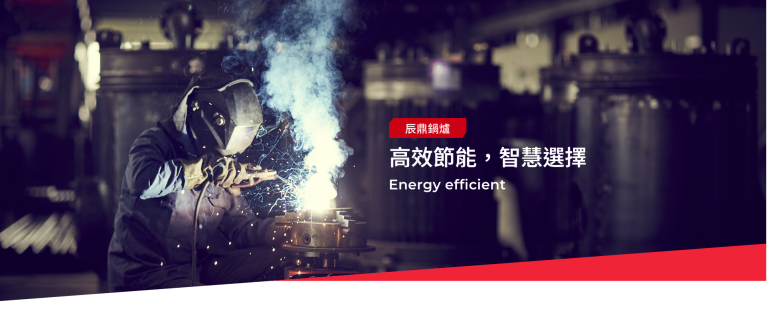Starting from the boiler: starting the corporate ESG journey

What is ESG?
To put it simply, it is a big test paper that tests whether a company loves the earth, loves mankind and whether it does things fairly.
ESG stands for "Environmental, Social and Governance" and is an indicator of a company's performance and responsibility in these three areas. Environmental considerations look at how a company manages its impact on the climate and natural environment; social considers a company's relationship with its employees, suppliers, customers and the communities in which it operates; and governance involves issues such as a company's leadership, execution, compensation, auditing and shareholder rights.
Why is ESG so important to companies?
As investors and consumers become increasingly concerned about companies' social responsibilities, ESG has become a core factor affecting their business decisions and brand image. A company's ESG performance not only affects its attractiveness in the market, but may also have a long-term impact on its operations and social status. Companies with high ESG performance tend to perform well in aspects such as risk management, innovation capabilities and employee satisfaction.
The relationship between boilers and ESG
In today's deep concern about climate change and sustainability, a company's ESG performance has become an important indicator in determining its competitiveness. Although steam boilers seem to be just small screws, their potential value cannot be ignored in terms of ESG. Through the latest technology, modern boilers are much more efficient, reduce emissions and use energy more precisely. Combined with smart monitoring systems and high-efficiency feedwater preheaters, boilers offer businesses the opportunity to save resources and reduce their carbon footprint. More importantly, these advancements not only help protect the environment, but also provide companies with an economic advantage while reducing fuel costs, allowing them to stay ahead in a highly competitive market.
Environmental
Energy Saving and Efficiency: The remote intelligent monitoring system allows enterprises to understand the operating status of boilers in real time and adjust parameters in a timely manner to achieve optimal operating status. Combined with a high-efficiency feed water preheater, this combination can significantly reduce energy waste and improve overall energy efficiency.
Reduce emissions and resource consumption: The monitoring system continuously tracks data to ensure that the boiler is running smoothly. High-efficiency feed water preheaters reduce fuel consumption, thereby reducing related carbon emissions and resource waste.
Social
Work safety and efficiency: The early warning function of the remote intelligent monitoring system ensures the safety of workers, can identify and deal with potential problems in a timely manner, further simplify the work process, reduce operational risks, and improve production efficiency.
Governance
Data transparency and economic benefits: Through remote intelligent monitoring systems, enterprises can provide accurate operational data and enhance trust with external stakeholders. High-efficiency feed water preheaters help reduce operating costs, provide better return on investment, and demonstrate the company's commitment to continuous improvement and innovation.
Conclusion
A boiler is no longer just a machine, it is a key partner in helping companies achieve their environmental, social and governance goals. As we think about the future of sustainability, focusing on the power behind the boiler will be key to success.

